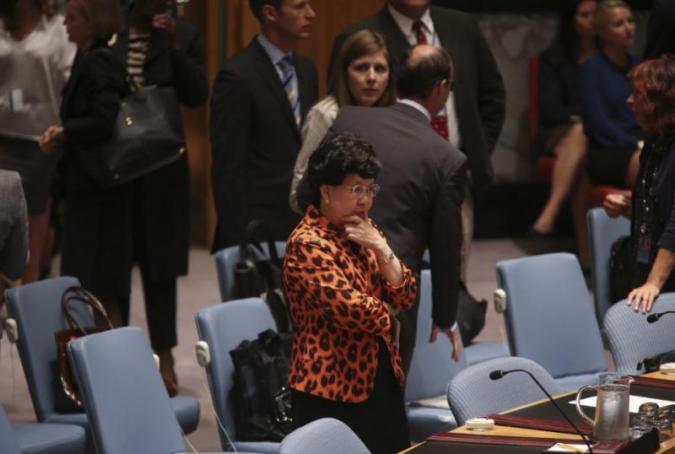You are here
Thu, 2013-07-04 12:32 — mdmcdonald
The Guinea Resilience System working group is focused on the development of Resilience Systems in Guinea.
The mission of the Guinea Resilience System working group is to develop Resilience Systems and their nested subsystems in Guinea.
Add Content to this group
Members
| Abdoulaye Drame | Aboubacar Conte | Anthony | Boubacar Kaba | Carrielaj | Chisina Kapungu |
| Elhadj Drame | Hadiatou Balde | Ismael Dioubate | John Wysham | Kathy Gilbeaux | Lancine Konate |
| Mamadou Diallo | Mamadou Moustap... | Mamadou Sylla | mdmcdonald | MDMcDonald_me_com | mike kraft |
| Norea | Souleymane Drame |
Email address for group
guinea-resilience-system@m.resiliencesystem.org





 wfaa.com - by marjorie Owens - October 13, 2014
wfaa.com - by marjorie Owens - October 13, 2014

 who.int - October 2014
who.int - October 2014
Recent Comments